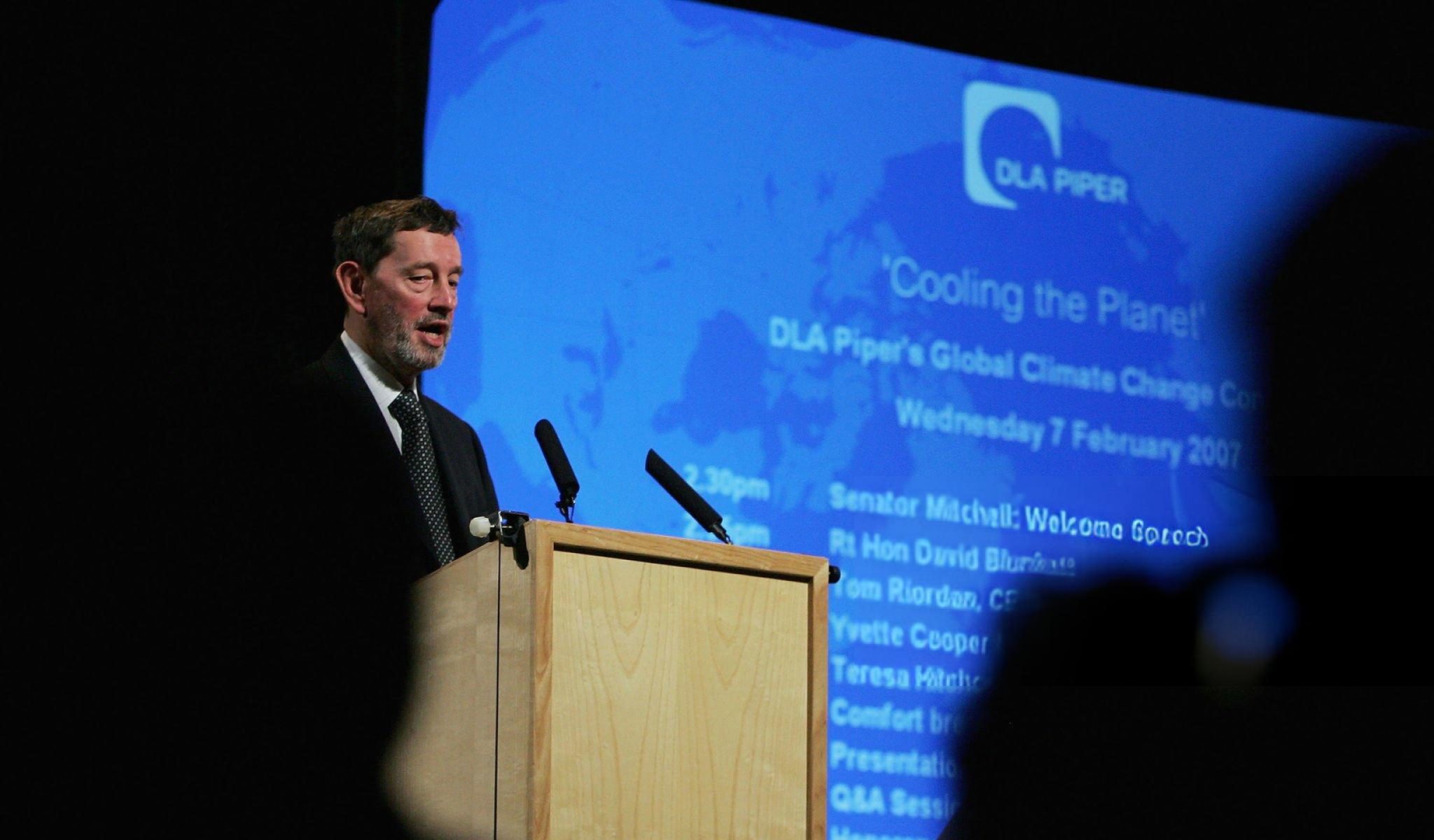A £14 billion strategy to overhaul Yorkshire’s beleaguered rail infrastructure has been hailed as a “once-in-a-lifetime opportunity” to transform connectivity, boost economic growth and unlock housing potential across the region.
The ambitious “Yorkshire Plan for Rail”, led by former home secretary Lord David Blunkett, was unveiled in Leeds on Friday. It has been backed by the metro mayors of West, South and North Yorkshire – Tracy Brabin, Oliver Coppard and David Skaith – who earlier this year signed the “White Rose Agreement” pledging greater cooperation on regional priorities.
Lord Blunkett, describing the initiative as “credible and affordable”, said the plan was a long-overdue remedy to decades of underinvestment.
“Yorkshire has been punching under its weight for far too long,” he said. “With this infrastructure plan, the three mayors are determined to reverse this historic trend. Taking action now could improve rail connectivity, reliability, and journey times – delivering benefits not just across Yorkshire, but throughout the North and Midlands.”
The report calls for £2.4 billion in funding by 2030, and around £14 billion overall, to fix what Blunkett described as “creaking Victorian-era infrastructure” that no longer meets the needs of 4.6 million people across the region. It argues that targeted rail investment could contribute an additional £20 billion to Yorkshire’s economy and create over 83,000 jobs.
Key proposals include:
- New stations at Rotherham and a through-station for Bradford
- Increased capacity at Leeds, Sheffield, and York
- Electrification and upgrades to lines between Leeds and Sheffield
- Improved service frequency to Scarborough, the Esk Valley, Wakefield’s Five Towns and the Penistone Line
Ms Brabin, Mayor of West Yorkshire, said the current network “is no longer fit for purpose” and is stalling the region’s ambitions for economic growth.
“We owe it to future generations to secure fair funding and deliver a rail network suitable for the 21st century,” she said. “Yorkshire’s workers and families deserve reliable, frequent trains that take them where they need to be, when they need to be there.”
Mr Skaith, Mayor of York and North Yorkshire, added: “This plan offers a practical, long-term approach to connecting our communities, improving access to jobs, education and opportunities. Working together, we can deliver real change.”
South Yorkshire’s Mayor, Mr Coppard, echoed those sentiments and praised Lord Blunkett for “laying bare the extent of the damage caused by decades of neglect”.
“This plan gives us a clear pathway forward,” he said. “We’re not asking for miracles – we just want dependable rail services so we can get to work, visit loved ones, or enjoy a night out.”
The Department for Transport (DfT) responded by saying it would “carefully consider” the recommendations. A spokesperson reaffirmed the government’s commitment to improving northern transport, citing ongoing projects like the Transpennine Route Upgrade and development funding for West Yorkshire’s proposed mass transit system.
“We’re investing in transformational projects to make journeys quicker, easier and greener,” the spokesperson said. “And under Great British Railways, devolved leaders will have a statutory role in managing and developing the network.”
The DfT also confirmed continued development planning for Leeds, Sheffield and Bradford stations, £200 million in support for mass transit plans, and funding prioritisation for the Rotherham Mainline station and Sheffield’s Supertram renewal.
For Yorkshire’s leaders and communities, this renewed push signals a hopeful step towards a better-connected and more prosperous future – one where trains no longer symbolise missed opportunities, but a region on the move.






